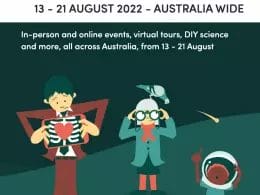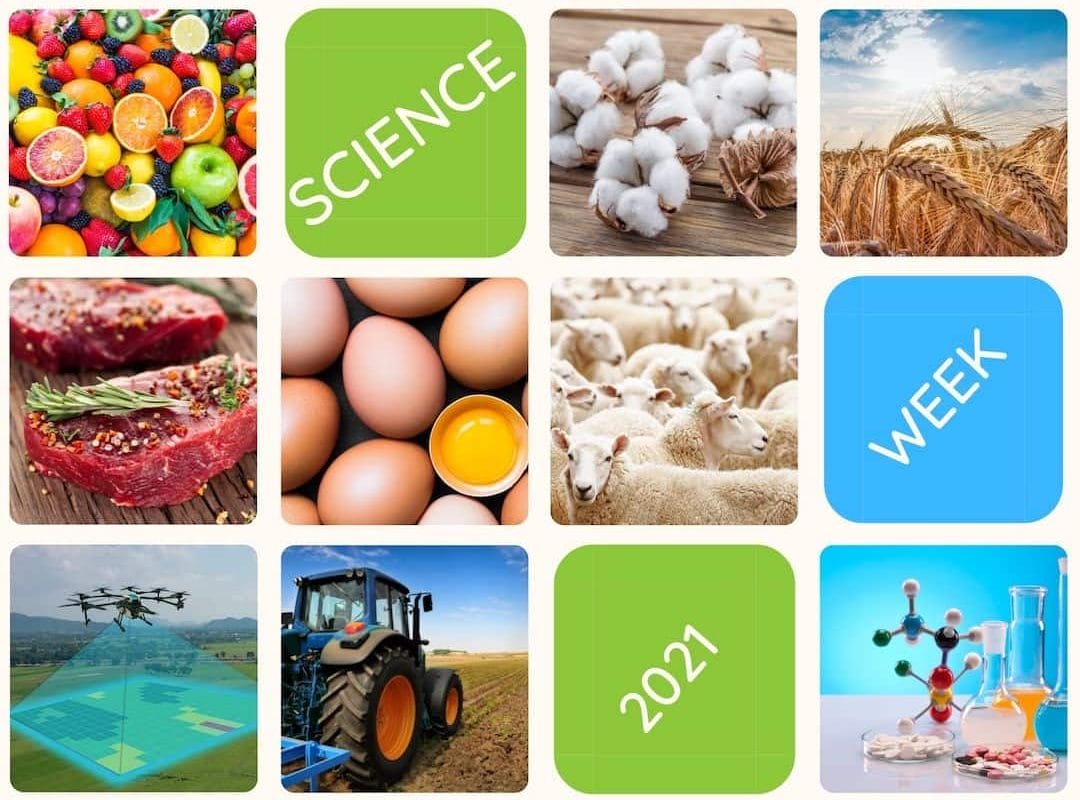National Science Week 2022 – celebrating science and technology

National Science Week is Australia’s annual celebration of science and technology and it’s taking place across Australia from August 13 to 21, 2022.
Schools, universities and other organisations are encouraged to get involved in a science experience to talk science, see science and do science! There are more than 1,000 opportunities to get involved across Australia, including in-person events, virtual tours and online events.
National Science Week was initially established as an opportunity to acknowledge the contributions of Australian scientists to the world of knowledge, but has evolved over the last 25 years to a ‘festival’ that encourages interest in science pursuits among the general public – and to spark interest in the younger generation.
National Science Week, in collaboration with the Australian Science Teachers Association, actively engages schools with science programs and grants. The school theme for National Science Week in 2022 is Glass: More than meets the eye. It is based on the UN International Year of Glass and will celebrate the diverse role that glass plays in our lives – many of which are utilised in the Food and Fibre industry – plus investigating glass as a part of our sustainable future.
Schools and communities are encouraged to participate via the National Science Week SCHOOLS page, which includes a teacher resource book and companion student journal, or you can get involved with the Brain Break Quiz event, or even simply display science posters around the school.
Find out more about National Science Week at: www.scienceweek.net.au
Head to THIS PAGE for some science classroom resources on Primezone.

